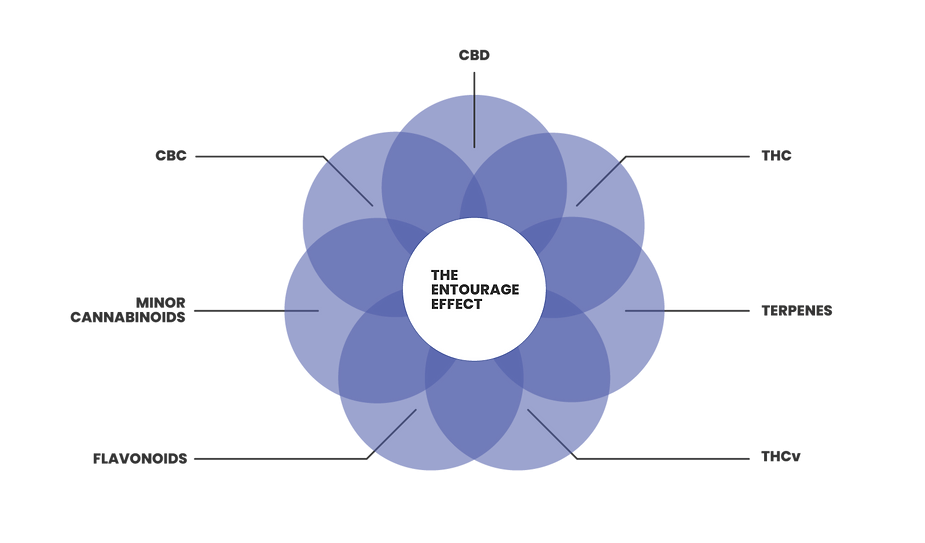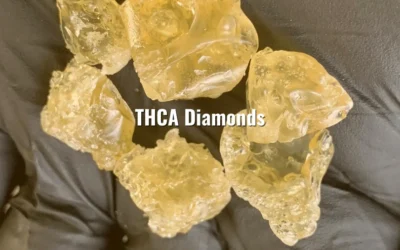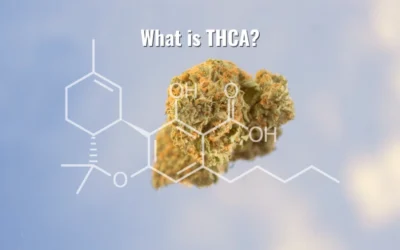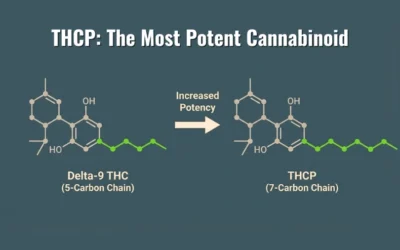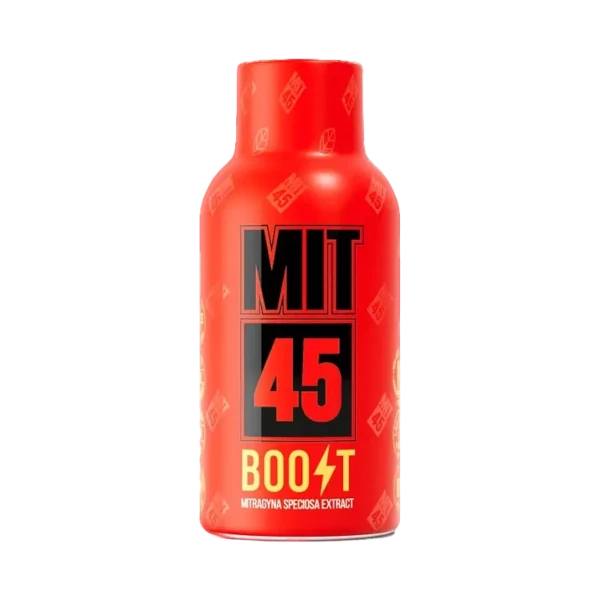The entourage effect is a relatively recent buzzword that has been making the rounds for a few years. Many cannabis enthusiasts are constantly on the lookout for that rich and deep experience of full spectrum THC and CBD products based on the theory behind the term. But, is the so-called entourage effect a real thing? Or is it just another gimmicky term to increase sales and generate interest?
Let ‘s find out.
Right off the bat, when you Google the term “entourage effect,” you are shown this Wikipedia entry that says that the entourage effect idea is just a hypothesis.
Of course, those who know that the media is always right when it comes to cannabis will believe the Big Tech giant and go on with their lives. Afterall, Wikipedia is a source that has editors, relies on knowledgeable people to write the entries, and requires sources to be cited.
But, those of you who have been in this game long enough know that isolates and full spectrum products are entirely different things, terpenes play a definite role in how we experience cannabinoids, and Big Pharma employs a ton of informational tactics to steer us away from plant-based medicine.
So what is the entourage effect?
In the 1960s, an Israeli doctor called Raphael Mechoulam set out to discover and isolate the active ingredient of the cannabis plant. Dr. Mechoulam succeeded, and by 1964, he had obtained the ability to isolate Delta -9 Tetrahydrocannabinol (THC) in his laboratory, thus unchaining the psychoactive molecule within the plant.
During this work, he also uncovered a slew of other compounds, or terpenes as they are now known, that also occurred naturally in the plant and that have an impact on how THC interacts with our endocannabinoid system. These compounds were less understood as they did not have a clear mechanism of action like the psychoactive components found in the Cannabis Sativa plant.
By 1999, the Israeli doctor, now a celebrity within the scientific community, had discovered some 480 different compounds in the plant. Only a fraction of these can be considered cannabinoids, including cannabigerols, cannabidiols, Delta-8, Delta-10, Delta-11, THCjd, and many more. The rest of the components are naturally occurring terpenes unique to the plant. They had to be present for a reason, right?
What Are Terpenes?
Terpenes are naturally occurring chemicals that give the plant its aroma, flavor, colors, and texture. Said a little differently, they are the physical manifestations of the plant’s genetic code, designed to work in concert with the psychoactive components. What we now understand is their function is to protect the plant from pests or adverse weather conditions. Because in nature, plants with intense flavor, aroma, and color are subject to predation more often than others, so the plants evolved the need for terpene profiles that allowed them to survive their environment.
Today, we extract these terpenes to make hemp-derived products such as pesticides, cleaning products, and dyes. But scientists are still trying to fully grasp how they affect the overall experience when consuming cannabis for health or recreational purposes. Why is it that, anecdotally, users report better outcomes when a more complete plant profile is consumed versus an isolated compound?
Do terpenes have psychoactive properties?
Not in the traditional sense. Some terpenes do affect brain activity, causing certain responses such as relaxation, sharpened focus, deeper sleep, or mood enhancement. However, they won’t produce a high on their own. In fact, their individual properties are not entirely clear because of their mostly mild or imperceptible effects.
Now, in a 1999 study, Dr. Mechoulam hypothesized that these compounds work in tandem, emphasizing or dampening individual therapeutic properties of cannabis flowers. According to his findings, terpenes have a synergic effect, not only with THC but with each other, with every terpene affecting all others in unique ways depending on concentration ratios.
In other words, terpenes are like hundreds of volume knobs and faders in a massively complex control board. This allows for a world of infinite possibilities based on terpene profiles and strains. Each combination subtly imprints its character, providing a more wholesome experience than synthetic or isolated THC and CBD products and offering nuances well beyond a dry high.
This explains why different strains with similar THC concentrations produce entirely different experiences. The best explanation rests upon the entourage effect.
Full spectrum VS. isolates
When dipping their toes into the world of THC and cannabinoids, a lot of people focus their interest on THC content and potency.
While there is a time and a place for focused THC products, we need to understand our own needs and find the right strain or product for us.
Isolates have the advantage of going straight to the point and providing a potent high. These are distillates produced by extracting or synthesizing the pure THC or CBD compound for a more focused purpose. However, many describe the effects of isolates as boring or without any character. It’s like going to a concert hall only to listen to a one-hour violin solo that repeats the same phrasing over and over again. It can be fun for the first few minutes, but you will soon wonder where the other instruments are.
Again, this more sterilized approach has its therapeutic advantages. Potent THC distillates are tremendously effective when used for pain management purposes, dealing with nausea or inflammation, or reducing anxiety.
However, full-spectrum products have shown to be more effective than their lab-produced counterparts when dealing with complex conditions like mood disorders, anxiety, and other ailments, thanks to the entourage effect.
Moreover, some people find that prescribed distilled products do not provide the expected effects. In many cases, consumers blame it on the brand, while others go as far as to say that cannabis does nothing for them. That’s why it is usually better to go for a full or broad-spectrum product. The synergy between all the phytocannabinoids and terpenes has been observed to unlock the natural properties of the plant and provide a deeper or more layered response that allows us to better gauge our cannabis needs.
So, which cannabis strain is best for me?
That’s the million-dollar question, isn’t it?
There is no simple answer to that. It all depends on what you WANT to experience. Some of us appreciate varieties that allow us to have a good time after a hard day of work, while others would like certain conditions to stop getting in the way of living a normal happy life.
That’s why it is always a good idea to consult a professional budtender who not only knows about cannabis but also is willing to think outside the box when it comes to alternatives to allopathic solutions.
Contact us or come visit our store here in Austin so we can talk more about the best cannabis products and their entourage effect.
